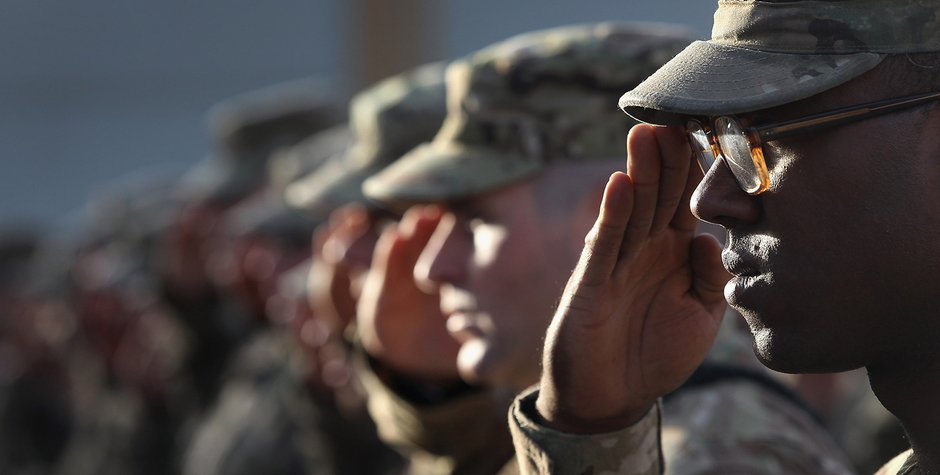The media and Democrats are once again spreading a lot of lies and disinformation on this topic in their desperation to obstruct everything Trump is getting done.
Article I, Section 8, Clause 11 of the U.S. Constitution grants Congress the power to declare war. The President, meanwhile, derives the power to direct the military at all times, whether or not there is a formal declaration of war, from Article II, Section 2, which names the President Commander-in-Chief of the armed forces. The President’s constitutional powers are quite broad in the context of limited military action. Additionally, courts have long upheld the President’s right to be the sole voice of the nation, in charge of conducting our foreign policy. In general, constitutional powers are not so much separated as "linked and sequenced"; Congress's control over the armed forces is structured by appropriation and provision, while the President commands all military forces.

 aclj.org
aclj.org
What Powers Does the President Have to Take Military Action without Congressional Approval?
The issue was raised, for example, when President Obama launched airstrikes against Libya in 2011. The legality of a U.S. President authorizing military actions without prior congressional approval was questioned by some in the administrations of every President in recent history: Obama (Libya and the raid to kill Bin Laden), George W. Bush (the initial attacks after 9-11), Clinton (Kosovo, Haiti, Iraq), George H.W. Bush (Panama), Reagan (Grenada, Lebanon, and Libya), Carter (the failed mission to rescue the Iran hostages) and Ford (Vietnam and Mayaguez incident). Each of these Presidents ordered the U.S. military into action without the prior approval of Congress.Article I, Section 8, Clause 11 of the U.S. Constitution grants Congress the power to declare war. The President, meanwhile, derives the power to direct the military at all times, whether or not there is a formal declaration of war, from Article II, Section 2, which names the President Commander-in-Chief of the armed forces. The President’s constitutional powers are quite broad in the context of limited military action. Additionally, courts have long upheld the President’s right to be the sole voice of the nation, in charge of conducting our foreign policy. In general, constitutional powers are not so much separated as "linked and sequenced"; Congress's control over the armed forces is structured by appropriation and provision, while the President commands all military forces.

What Powers Does the President Have to Take Military Action without Congressional Approval? | American Center for Law and Justice
With President Trump’s decision to launch Tomahawk Cruise missiles at a Syrian air base believed to be the source of chemical weapons that Syria’s President Assad used against his own people and the use of the largest non-nuclear bomb against ISIS in Afghanistan, the question of whether the . . .
